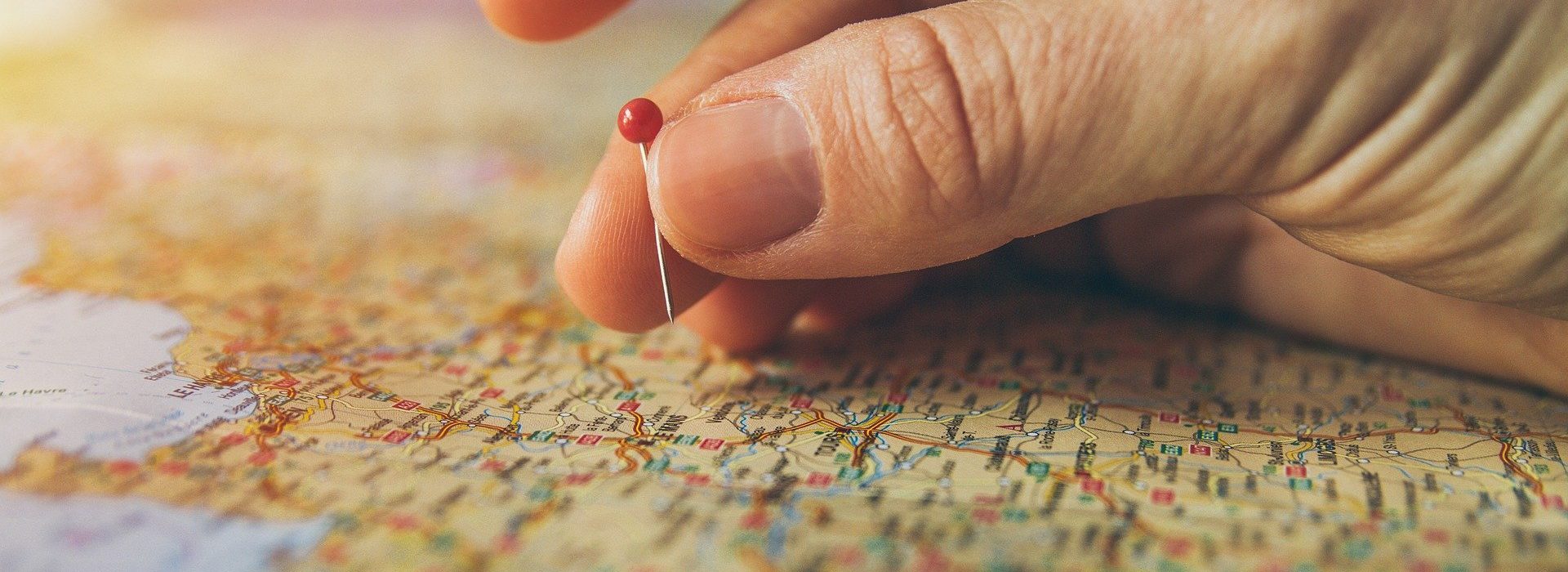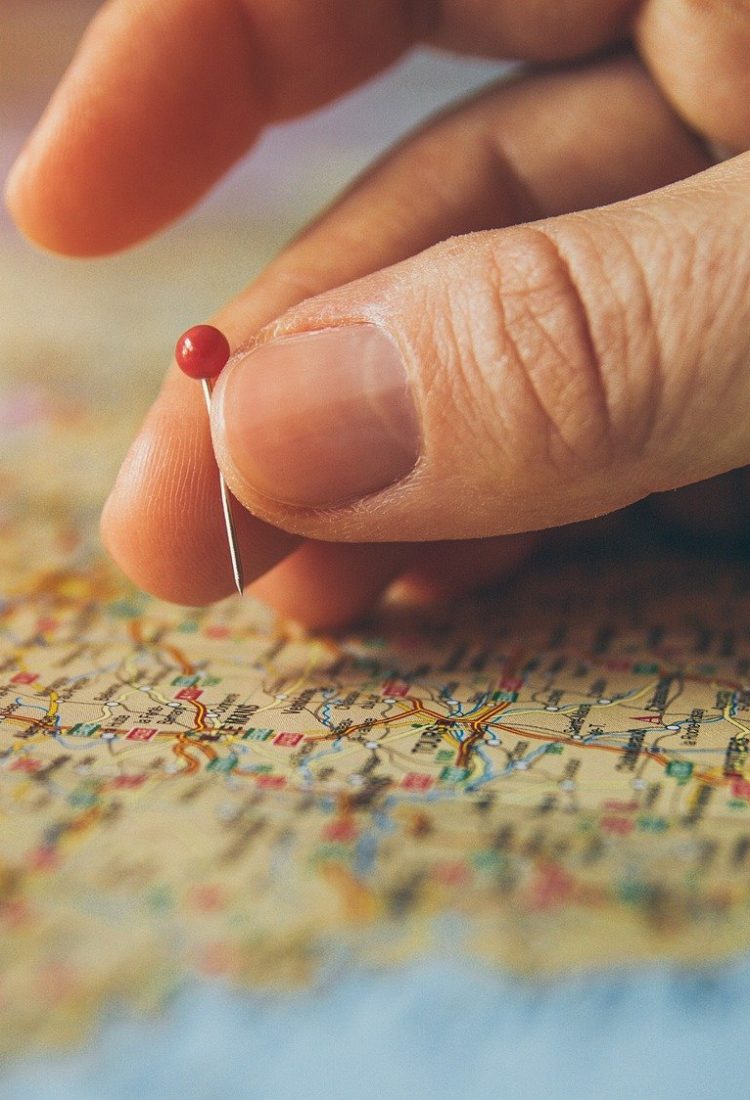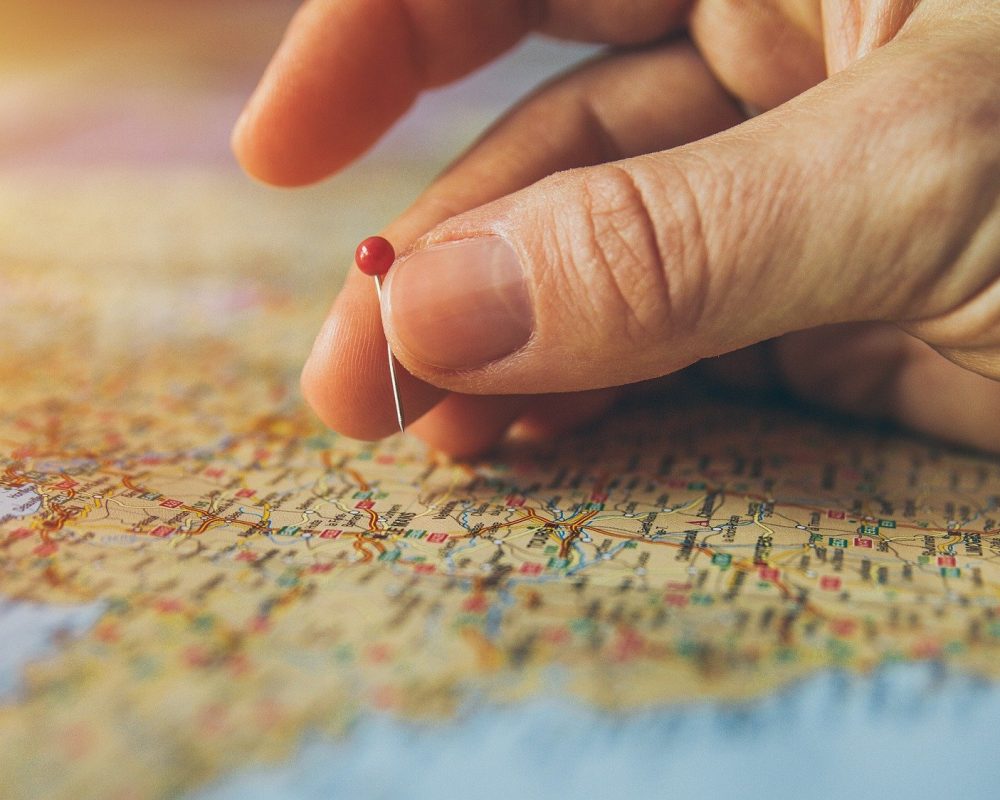Head of Department: Mrs C Dogherty
Department team:
- Dr B King
- Mr D Lewis
- Mr B Williams
There has never been a more important time to study Geography. We aim to instill an awe and wonder of the world around us and an understanding of the processes, both natural and human, which are changing and shaping our planet. We want students to become well informed citizens so they can contribute successfully at a local, national and global scale, developing the ability to express their own viewpoints on geographical issues and events.
We live in a fast changing world. As Michael Palin (President of the Royal Geography Society) said, “Geography illuminates the past, explains the present and prepares us for the future – what could be more important than that?”

To be active and responsible citizens we want students to ask questions, carry out enquiries and develop a range of skills which will enable them to describe, analyse, interpret, present and evaluate the wide variety of data sources available to us all today. Issues of sustainability dominate the news currently, and our students are guided to develop a critical understanding of this theme. Social Justice runs throughout our curriculum as we have selected topic areas which have allowed us to delve into issues of inequality and its impacts. For example, migration often results from unequal quality of life and standard of living.
The Geography staff at Churston also play a critical role in the running of the South Devon Geographical Association which includes a calendar of lectures for sixth-form students and the annual Worldwise Quiz for students in years 8-10. In recent years, lectures have included talks by Professors Iain Stewart and Danny Dorling. Students also get the opportunity to go to a number of conferences organised by the University of Plymouth including the hugely popular annual Climate Change and Geohazards conferences.
What we do
Our curriculum builds on the connections student’s identify at the start of Year 7. Whether these are local or more global in nature, we want students to recognise their place in the world and to develop an empathy for others.
Skills taught in Year 7 are revisited in Year 8 in different contexts, allowing students to study a range of contrasting places. Appreciating that change happens both over space and time is something that we explore throughout, as well as understanding the big ideas of causality and interdependence. There are many opportunities to research and practice information gathering and mapping skills to ensure students are well prepared for future studies. For example, students complete fieldwork enquiries in Totnes and the local coastline; Year 8 begins with an independent research project about the global distribution and consumption of a global resource.
We use a carefully selected mix of formative and summative assessment to help guide students on how to improve, culminating in decision making tasks at the end of each year. These tasks allow students to develop a critical understanding of a controversial issue. They consider a range of options, before reaching a well informed view about what should happen for a more ‘sustainable’ and ‘socially just’ future.
Year 7 | Year 8 | |
|---|---|---|
Autumn 1 | Making Connections: from local to global. What is Geography? | Incredible India |
Autumn 2 | Map and GIS Skills | On the move (Migration stories - past and present) |
Spring 1 | Changing Places with a focus on local settlements | Too many, too few (a focus on water security) |
Spring 2 | Weird weather and challenging climates | Map and GIS Skills - local fieldwork |
Summer 1 | Enquiry Skills Fieldwork in Totnes | Dynamic Coasts |
Summer 2 | Climate Change - what is our future? | Into Africa |


